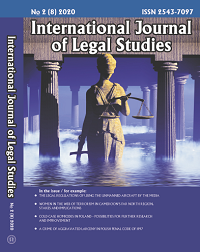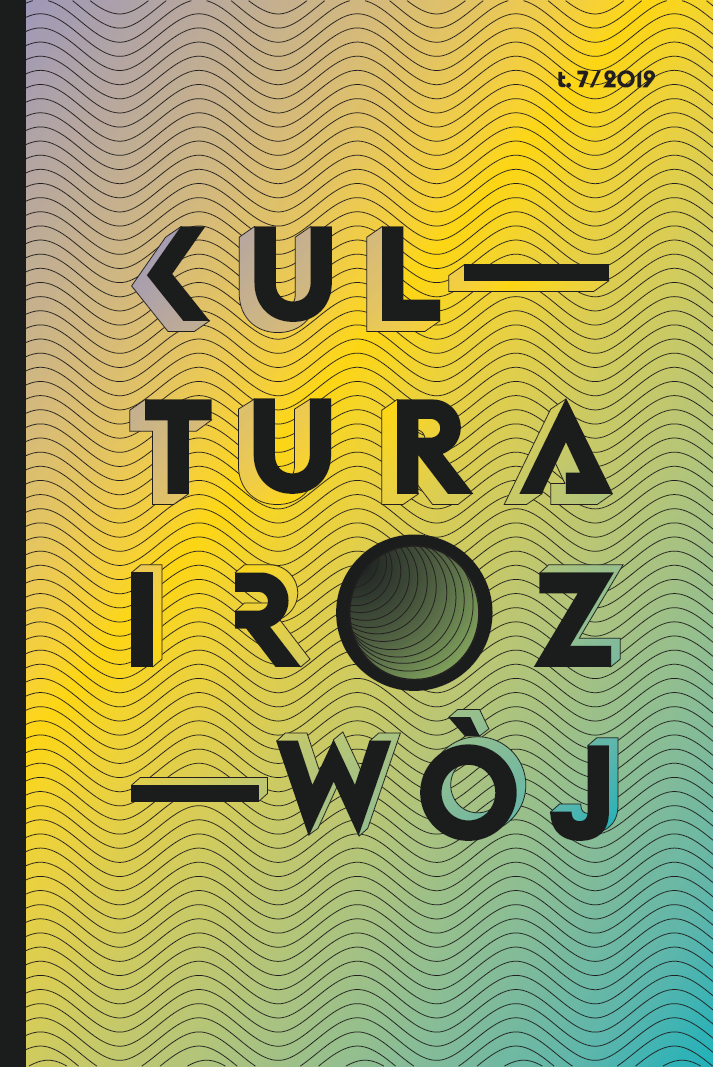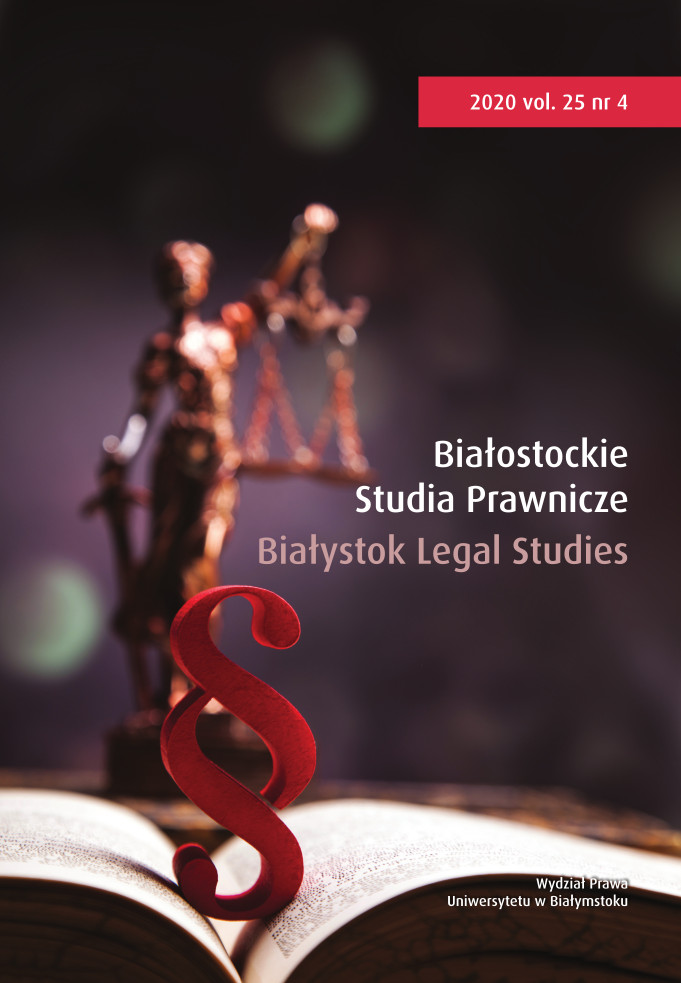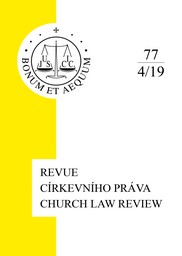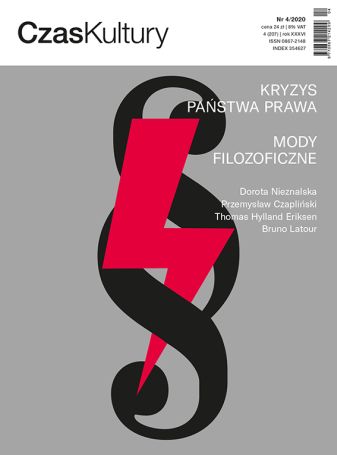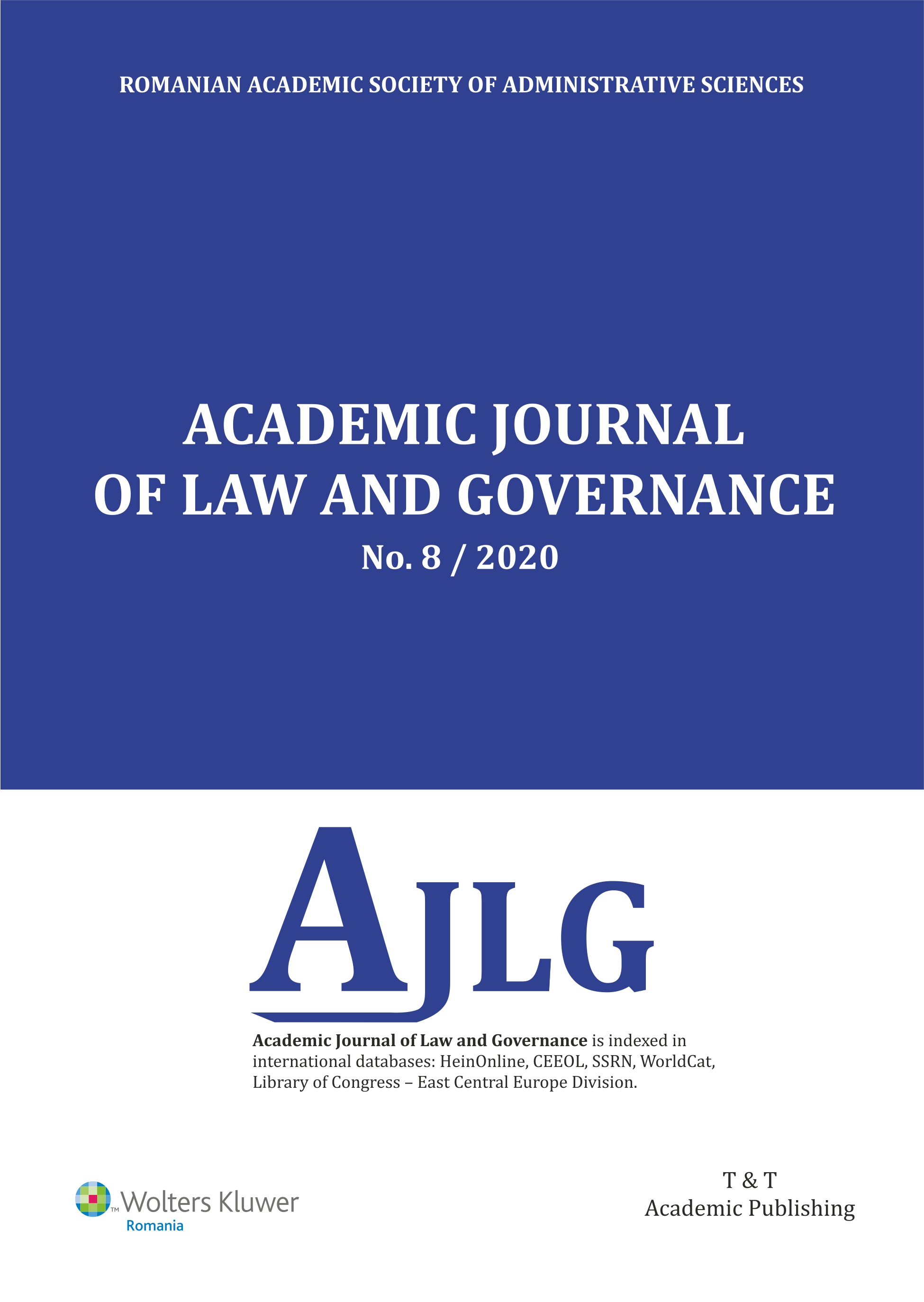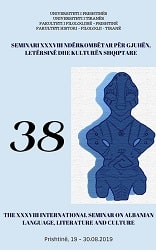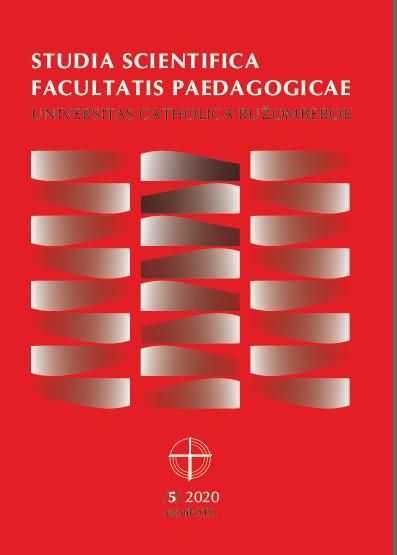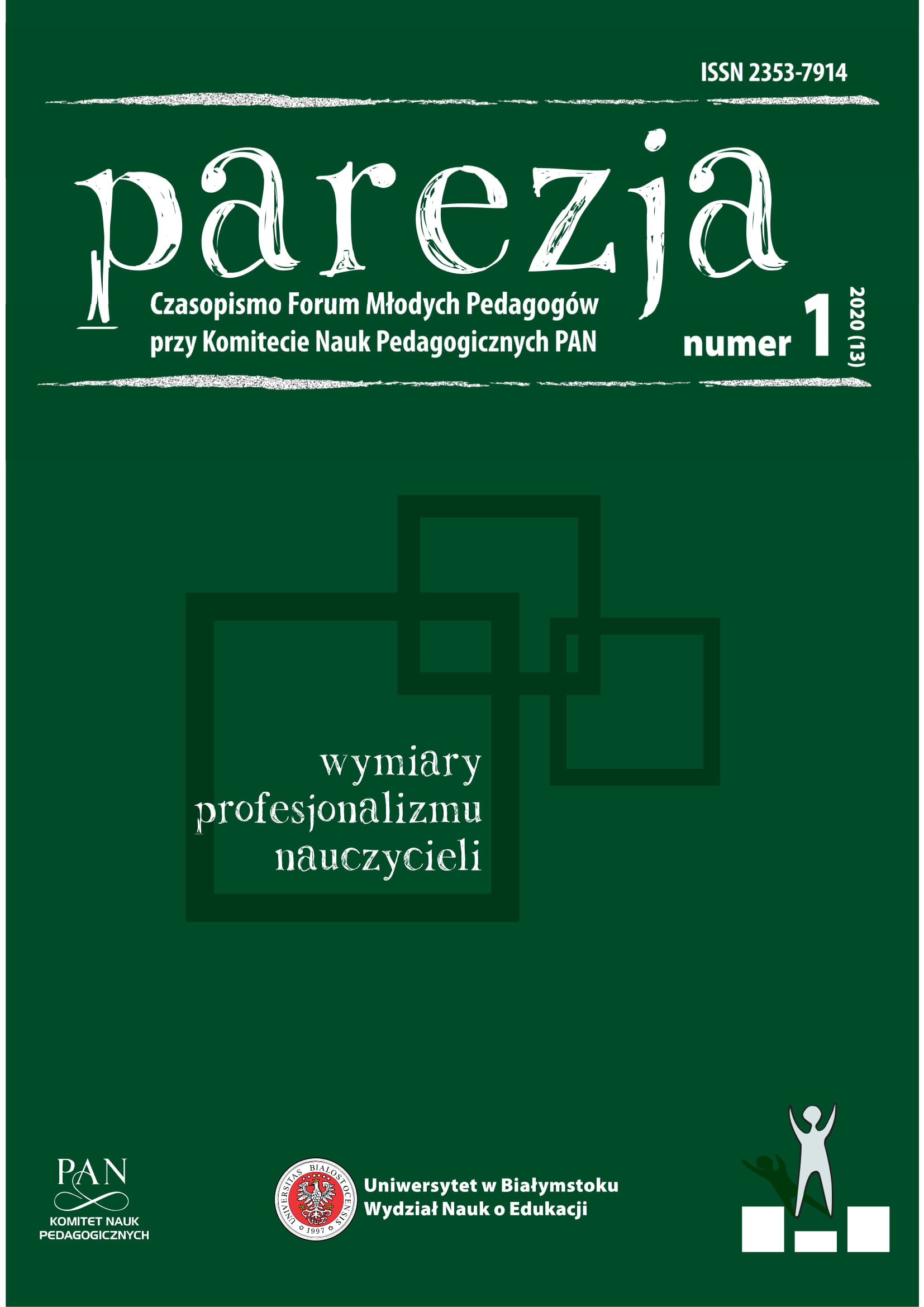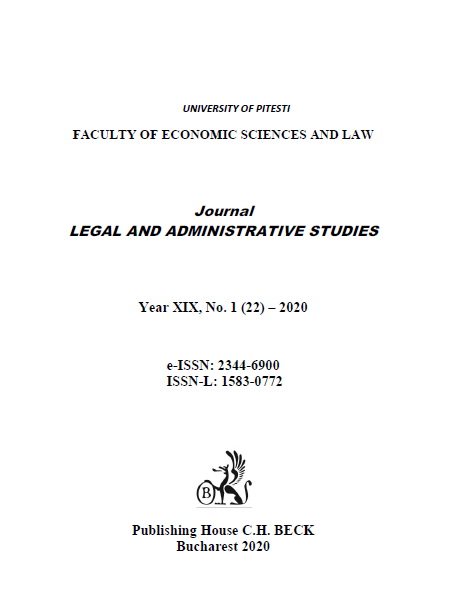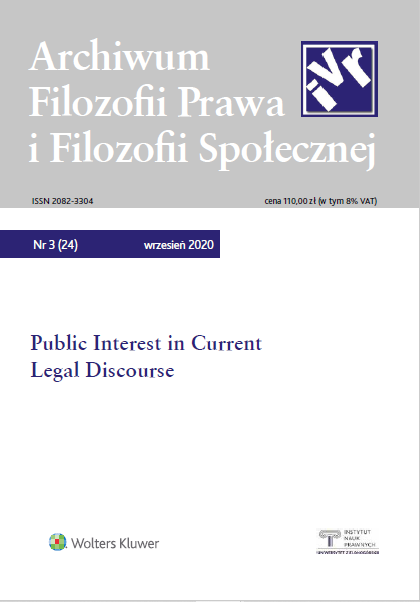
Public Truths and Their Legal Protection
n this paper I deal with two key concepts of a modern political theory, i.e. truth and public interest, and examine relationships between them. This subject seems particularly important in the context of the observed crisis of the liberal democracy and the spread of misinformation and fake news. I argue that there is a need to create a public system of protection designed to defend the logical status of those statements which have a value for the society. By using the notion of public interest as a tool for analysis, I demonstrate how such a system might be structured. I suggest employing existing public institutions to construct a system of public protection of the truth, yet supplemented by a coordinating body based on the ombudsman model.
More...
